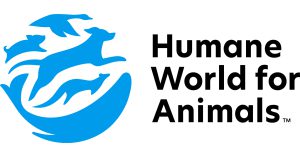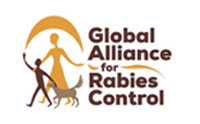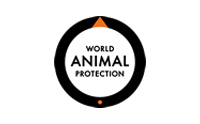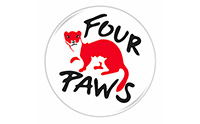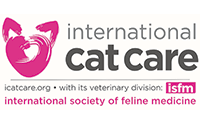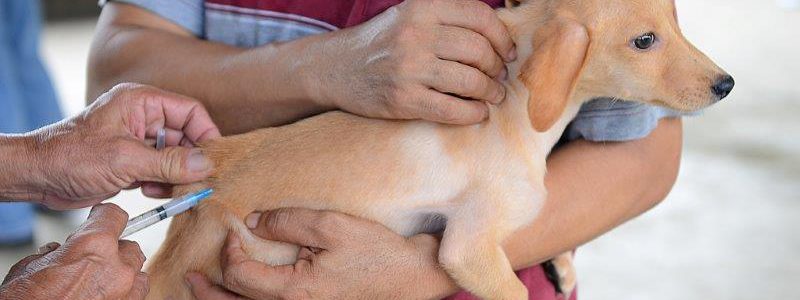
Unless rabies is eliminated in dogs, the source of rabies in humans never reduces, and costly demand for PEP will escalate. The ZeroBy30 strategy states that mass dog vaccination is a proven, cost–effective way to save human lives by stopping transmission of rabies at its source.
The contribution of dog population management (DPM) to rabies control centres around increasing access to dogs so that they can be vaccinated, and then maintaining herd immunity by reducing population turnover. DPM is also about playing the vaccination long-game, until the rabies virus is eradicated, vaccination must continue, and sustaining annual vaccination in an unmanaged dog population can be a resource heavy process. DPM brings the population under control, increases owner and carer engagement and action in accessing vaccination and minimises those dogs that are hard to reach.
This is the subject of a book chapter ‘The humane management of dog populations and the contribution to rabies elimination’, written by ICAM Director Dr Elly Hiby, ICAM Chair Pankaj KC, Professor Katie Hampson of Glasgow University and Dr Eric Brum of the FAO. The chapter is from the book ‘One Health for Dog-mediated Rabies Elimination in Asia: A Collection of Local Experiences’, edited by Vanessa Slack et al and funded to be open access by the WHO. Although this book focuses on the experiences in Asia, the concepts in this chapter are universal.
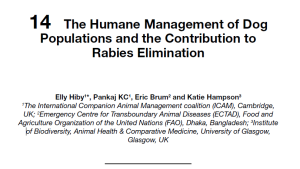
The authors of this chapter introduce the concept of epidemiologically relevant dogs – free-roaming dogs that have the greatest risk of rabies transmission but can also be an excellent barrier for control if vaccinated – paradoxically they are also the least likely to be vaccinated. DPM can help by increasing the accessibility of these epidemiologically relevant dogs.
The authors also explain why culling – sometimes misrepresented as DPM – fails to support rabies control; and lists the key factors of successful vaccination campaigns for progressive control and elimination of rabies. There is also an important discussion on the multiple impacts of effective humane DPM that brings relevance for a wide range of stakeholders, hence the political will and funding for DPM should be accessed in addition to funding earmarked for mass vaccination. DPM should not divert resources away from vaccination.
“Rabies elimination is a shared goal. In our quest to eliminate this horrific disease, let us remember that the path to success is paved not just with vaccines but also with humane dog population management.” Pankaj KC
ICAM promotes the use of effective and humane dog population management – its contribution to rabies control is celebrated from a One Health perspective – by saving the lives of people and dogs, and maintaining harmonious coexistence between people and dogs that can be so badly damaged by rabies outbreaks. We urge authorities to prioritise mass dog vaccination for rabies elimination but to bring more diverse investment for concurrent DPM to ensure sustainability of vaccination, rabies control and wider community impacts for the long-term. As author Pankaj KC explains, “rabies elimination is a shared goal. In our quest to eliminate this horrific disease, let us remember that the path to success is paved not just with vaccines but also with humane dog population management.”
About International Companion Animal Management (ICAM) Coalition
ICAM supports the development and use of humane and effective companion animal population management worldwide. The coalition was formed in 2006 as a forum for discussion on global dog and cat management issues.
Our key goals are to:
- Share ideas and data
- Discuss issues relevant to population management and welfare
- Agree definitions and hence improve understanding
- Provide guidance as a collegial and cohesive group
Contact information: info@icam-coalition.org
Twitter: @ICAMCoalition

